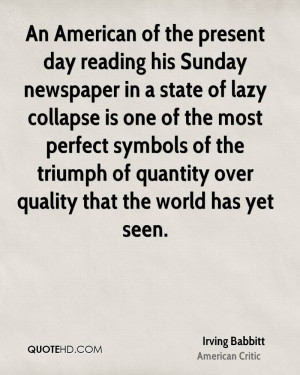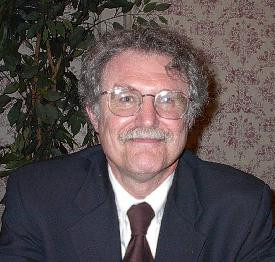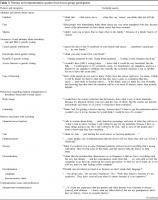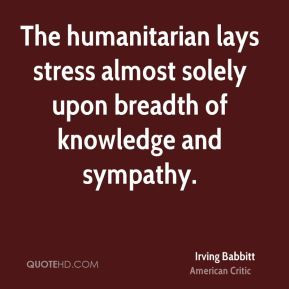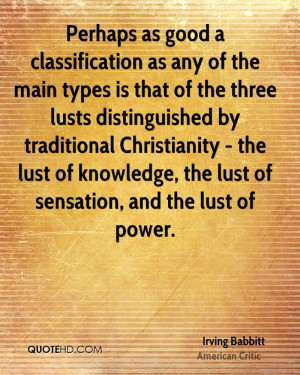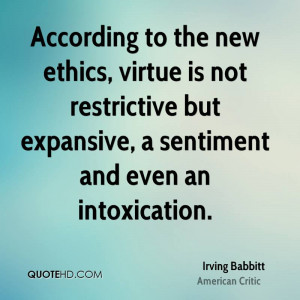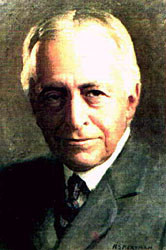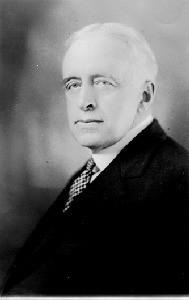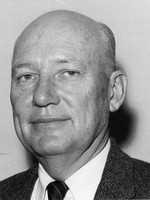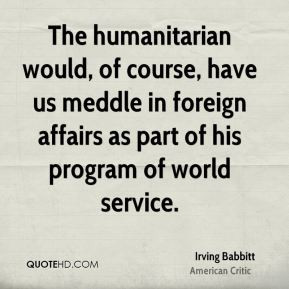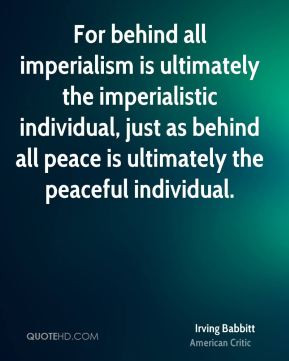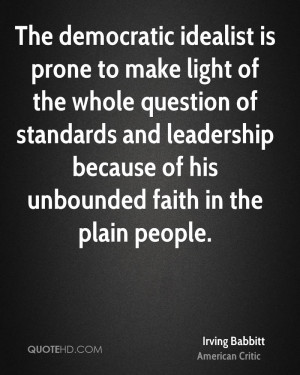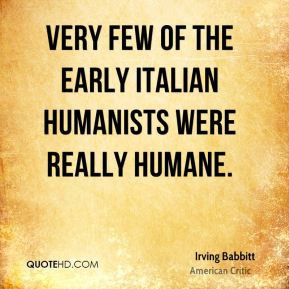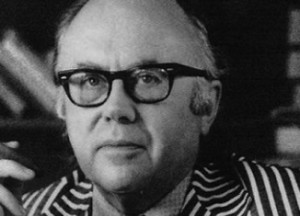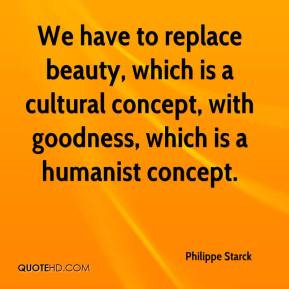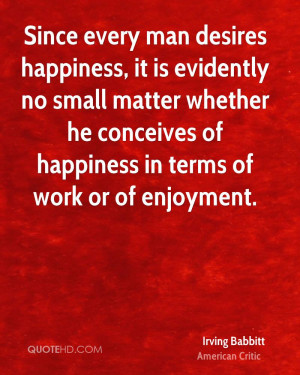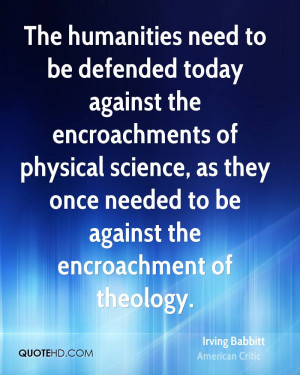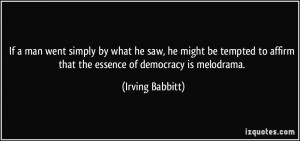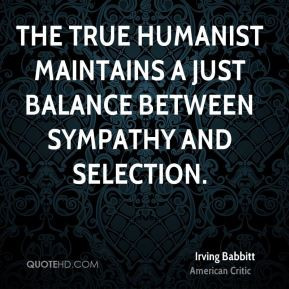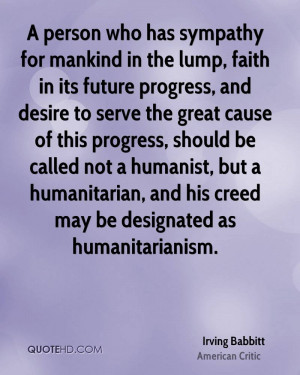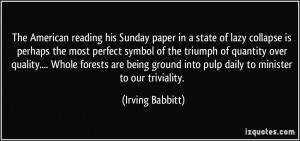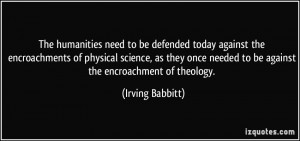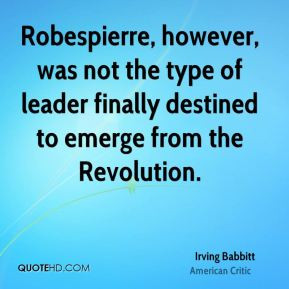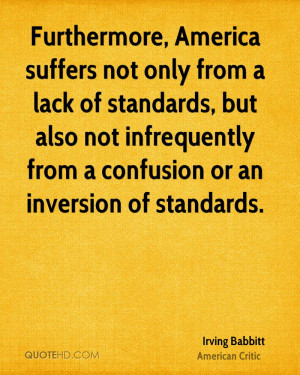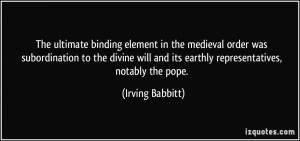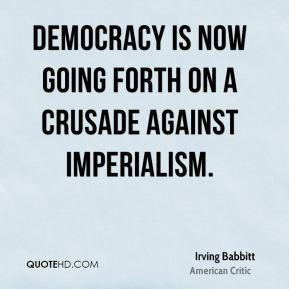Irving Babbitt — American Critic born on August 02, 1865, died on July 15, 1933
Irving Babbitt was an American academic and literary critic, noted for his founding role in a movement that became known as the New Humanism, a significant influence on literary discussion and conservative thought in the period between 1910 and 1930. He was a cultural critic in the tradition of Matthew Arnold and a consistent opponent of romanticism, as represented by the writings of Jean-Jacques Rousseau. Politically he can, without serious distortion, be called a follower of Aristotle and Edmund Burke. He was an advocate of classical humanism but also offered an ecumenical defense of religion. His humanism implied a broad knowledge of various moral and religious traditions. Babbitt’s humanism emphasized the need for self-discipline and control, and suppression of the impulses seeking liberation from all restraints. He warned that Jean-Jacques Rousseau was the major corrupting influence on modern culture. He complained that Romanticism celebrated too much the individual instinct and uniqueness of personality by denying the universal aspects of human nature as depicted in classical pre-romantic literature. He also attacked naturalism, which was popular at the time because it depicted man as a reflex agent of natural forces, and stressed the dominance of the environment over human institutions... (wikipedia)


